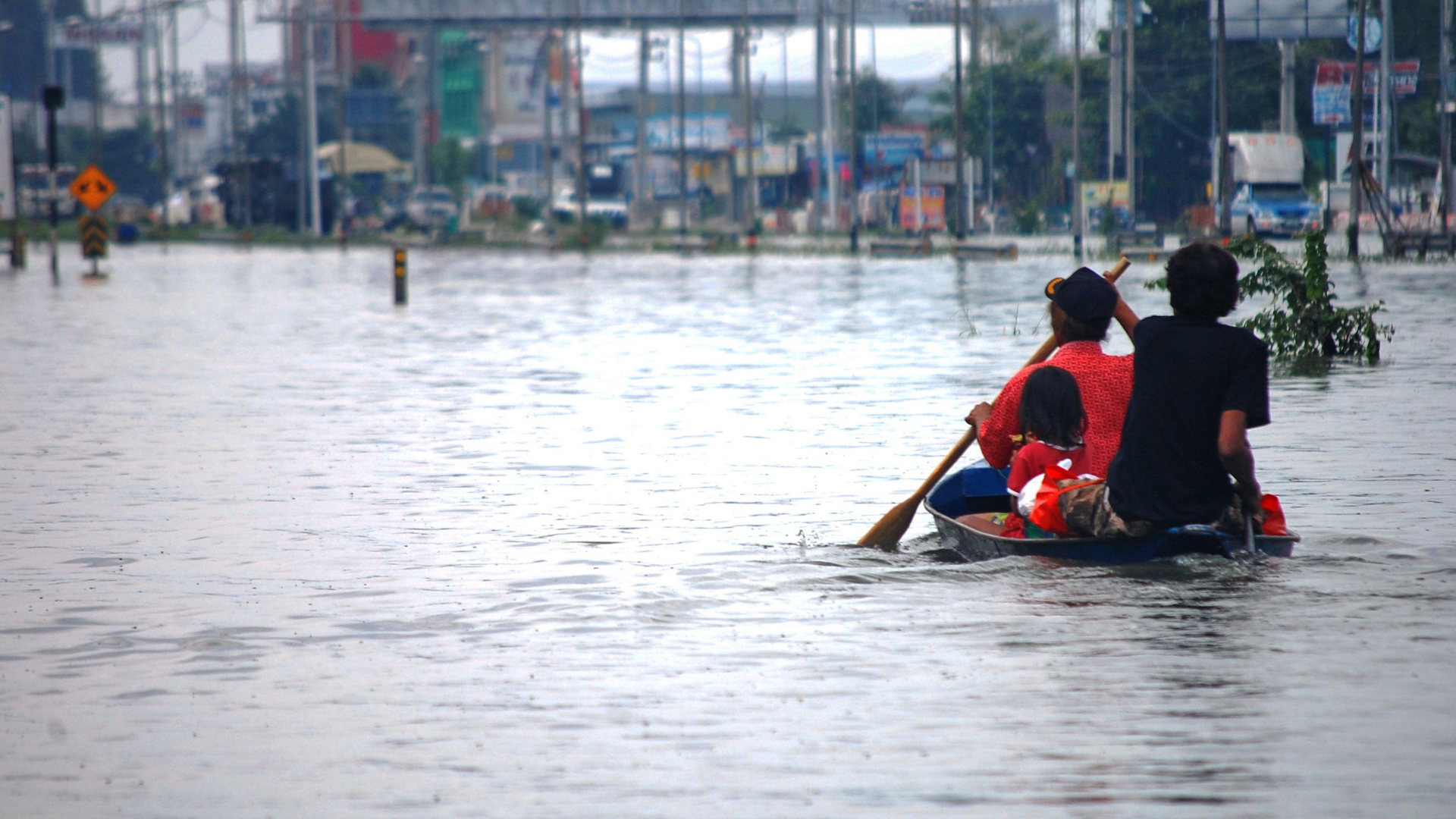ArokaGO News
•September 4, 2024
Shingles: More Dangerous Than You Think – Complications from Shingles
Shingles, caused by the Varicella-Zoster Virus (VZV), the same virus responsible for chickenpox, becomes more common as people age. For individuals over 50, whose immune systems naturally decline with age, the risk of developing shingles is higher. Those who have had shingles previously are at an increased risk of recurrence, with a recurrence rate of more than 6%.
The ArokaGO Reporter
September 4, 2024

Shingles, caused by the Varicella-Zoster Virus (VZV), the same virus responsible for chickenpox, becomes more common as people age. For individuals over 50, whose immune systems naturally decline with age, the risk of developing shingles is higher. Those who have had shingles previously are at an increased risk of recurrence, with a recurrence rate of more than 6%.
Complications of Shingles:
-
Postherpetic Neuralgia (PHN): Chronic nerve pain in the area where the rash occurred, which can persist for months or even years. This condition is characterized by burning pain or sensitivity.
-
Ocular Complications: Shingles affecting the eye can lead to inflammation of the cornea and conjunctiva, potentially resulting in vision loss.
-
Neurological Complications: These include conditions such as encephalitis (inflammation of the brain), meningitis (inflammation of the membranes covering the brain and spinal cord), and stroke-like symptoms.
-
Facial Paralysis: Particularly affecting the seventh cranial nerve, which can result in facial paralysis or weakness.
-
Ear Complications: When shingles affects the ear, it can lead to severe ear pain, hearing loss, and dizziness.
-
Skin Infections: Secondary bacterial infections of the skin can occur, leading to additional complications.
-
Severe Complications in Immunocompromised Patients: Individuals with weakened immune systems are at risk of more severe complications, including pneumonia, brain infections, and systemic infections.
- Vaccination: It is recommended for individuals aged 50 and older, as well as those with chronic illnesses or weakened immune systems. The vaccination involves two doses given 2-6 months apart.
- Early Treatment: Antiviral medications can reduce the severity and duration of shingles if started early.
- Pain Management: Addressing pain and other symptoms with appropriate medications can help alleviate discomfort and prevent chronic pain.
Prevention and Management:
To reduce the risk of shingles and its complications, vaccination and early treatment are crucial, especially for older adults and those with compromised immune systems.
Source: Sikarin Hospital
Source: ArokaGO

Department of Medical Services Warns of Diseases Accompanying Floods—Common Diseases Include Gastrointestinal Infections, Conjunctivitis, and Insect Bites
September 4, 2024

7 Reasons Why Thailand is a Leading Global Health Tourism Destination
September 5, 2024